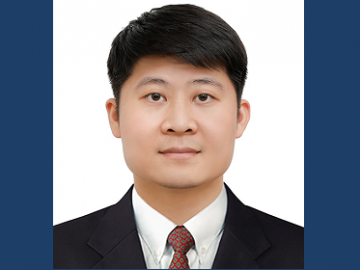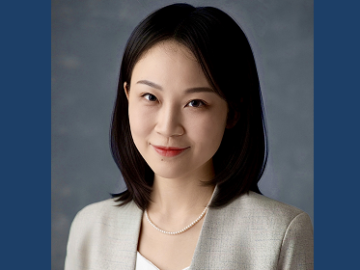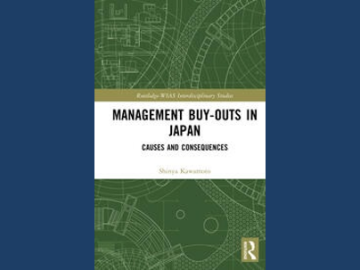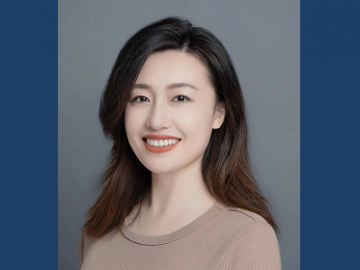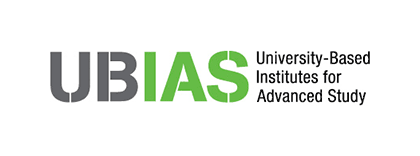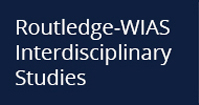WIAS Visiting Researcher Seminar:
Professor LEDER, Helmut Seminar Series on Empirical Aesthetics (5/10・5/11・5/15・5/16)
Speaker
LEDER, Helmut (Professor, University of Vienna, Austria)
Language
English
Prospected Audience
Undergraduate, Graduate, Researchers, Faculty members, general audience
Organizer
The Department of Intermedia Art and Science, Katsumi Watanabe Lab
Co-Organizer
Waseda Institute for Advanced Studies (WIAS)
Registration
Please register from the link below for participation by April 28 (Fri).
https://docs.google.com/forms/d/e/1FAIpQLScDcFBC7GgiSHVo3IlSSUDoQflQtJHALVnOFJD0EFLt0-RP6Q/viewform
Seminar 1: Introduction to Empirical Aesthetics – State of the art, and historical background (*Seminar in two parts)
Outline
The role of beauty in our life has become so prominent that aesthetics nearly seems omnipresent, in personal beauty, art, design, and digital images (Leder et al., 2022). In sciences, empirical aesthetics in the last two decades became a field of psychology, with a permanent growth in empirical laboratory, field or also neuroscience studies (see Leder, Belke, Oeberst & Augustin 2004; Leder, 2013). However, questions regarding the quality, origin and function of beauty are as old as philosophy. Since the second half of the 19th century modern empirical psychology emerged, and empirical aesthetics, together with psychophysics, was the chosen topic to demonstrate its strengths by G.T Fechner (1801-1887)). In the seminar the historical roots are presented, modern approaches and theories are discussed (Leder et al., 2004; Pelowksi et al., 2016), and examples of empirical studies are presented. Students also discuss open questions for future research.
Date & Time
Part 1: May 10, 2023(Wed) 10:00~14:00
Part 2: May 11, 2023(Thu) 10:00~14:00
Venue
Building#59 4F Room#415, Nishiwaseda Campus, Waseda University
Seminar 2: From lab to field – new paths of empirical aesthetics
Outline
In Vienna, our research over the past three years has moved from studying aesthetic phenomena exclusively in lab studies towards more and more valid field studies (Mitschke, Goller & Leder, 2017). This shift marks the inclusion of portable physiological measurements, an explicit acknowledgement of the context as a moderating variable (Brieber et al., 2015; Grüner et al., 2019), and a number of studies that aim to test the impact of art where it occurs in our lives, in museums (Pelowski et al., 2018, 2019; Gartus & Leder, 2015), in parks (Mitschke et al. 2017), and on the street (Kirren & Leder, 2022)! In this talk, I present our past and current research projects, methods and studies and show how we aim to empirically demonstrate the impact of art on emotion, well-being, and even health.
Date & Time
May 15, 2023(Mon) 13:00~14:00
Venue
Building#59 4F Room#415, Nishiwaseda Campus, Waseda University
Seminar 3: The science of beauty? Talk and discussion (if possible with scientists and artists)
Outline
Is beauty a feature of objects, or is it in the eye-of-the-beholder? In this talk, I present theories of beauty (Leder et al., 2044; Leder & Nadal, 2014), its origin in object features (e.g. symmetry, Leder et al., 2018), the beholder, or its interplay. The discussion comprises different classes of objects, such as faces, human images, landscapes, or manmade objects like artworks or even food (Leder et al., 2022)! I also present studies that show the various effects of beauty on the beholder and aim to present a working definition of beauty based on empirical findings.
Date & Time
May 16, 2023(Tue) 16:30~17:30
Venue
Building#59 4F Room#415, Nishiwaseda Campus, Waseda University

